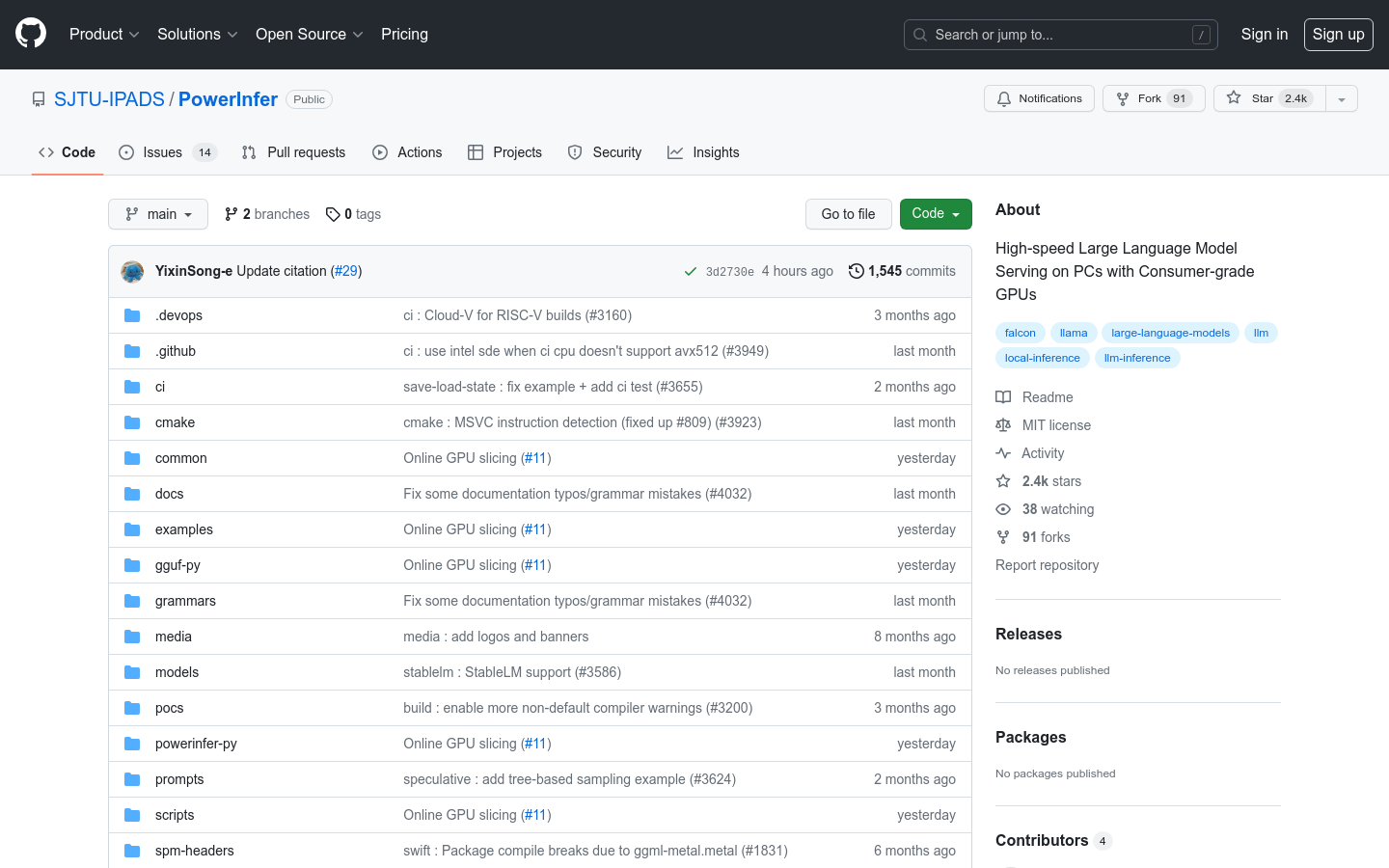🤖
AI Category
AI model inference training
Found 3 AI tools
3
tools
Primary Category: AI
Subcategory: AI model inference training
Found 3 matching tools
Related AI Tools
Click any tool to view details
Related Subcategories
Explore other subcategories under AI Other Categories
🤖
Explore More AI Tools
AI model inference training Hot AI is a popular subcategory under 3 quality AI tools


